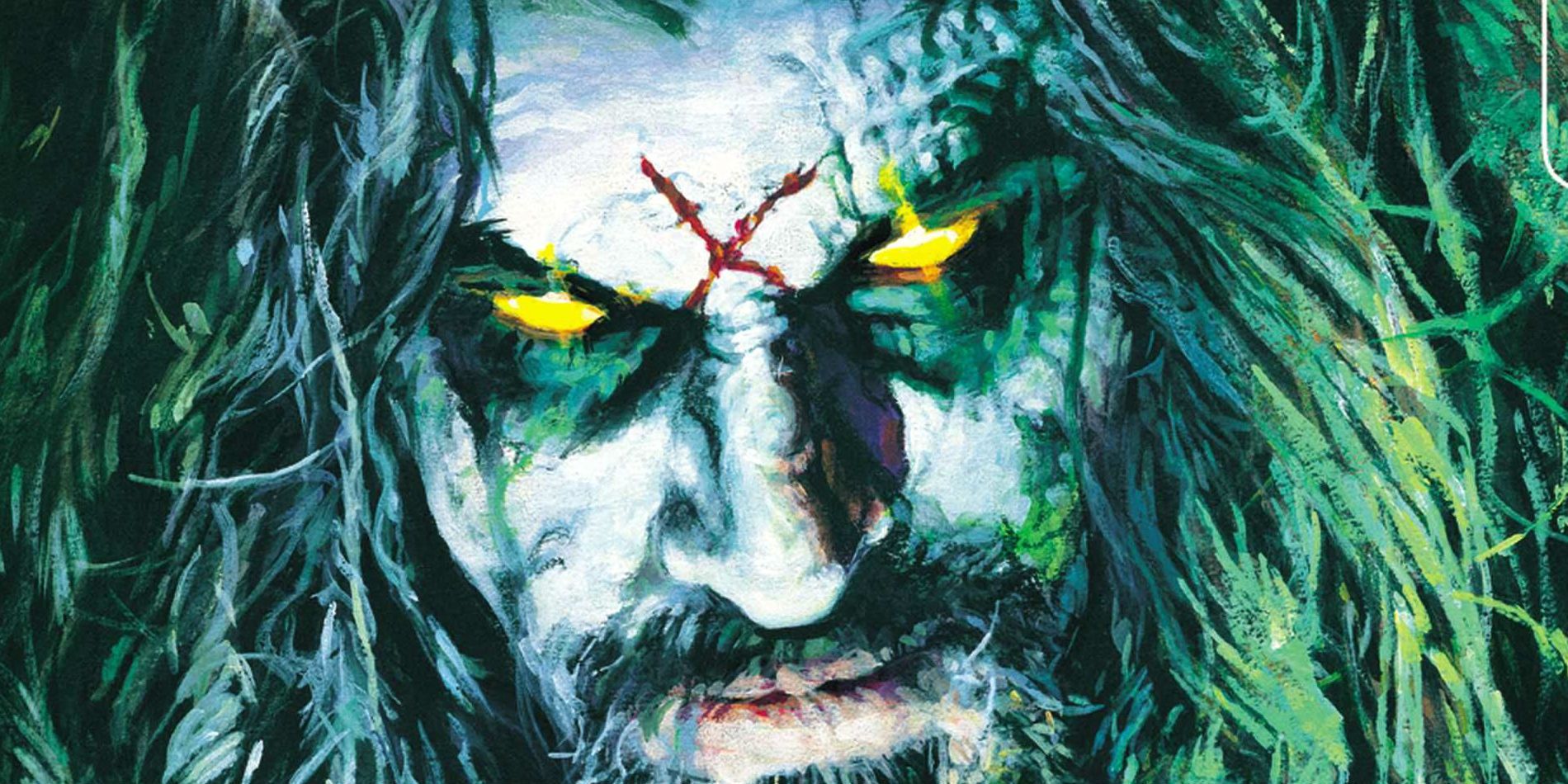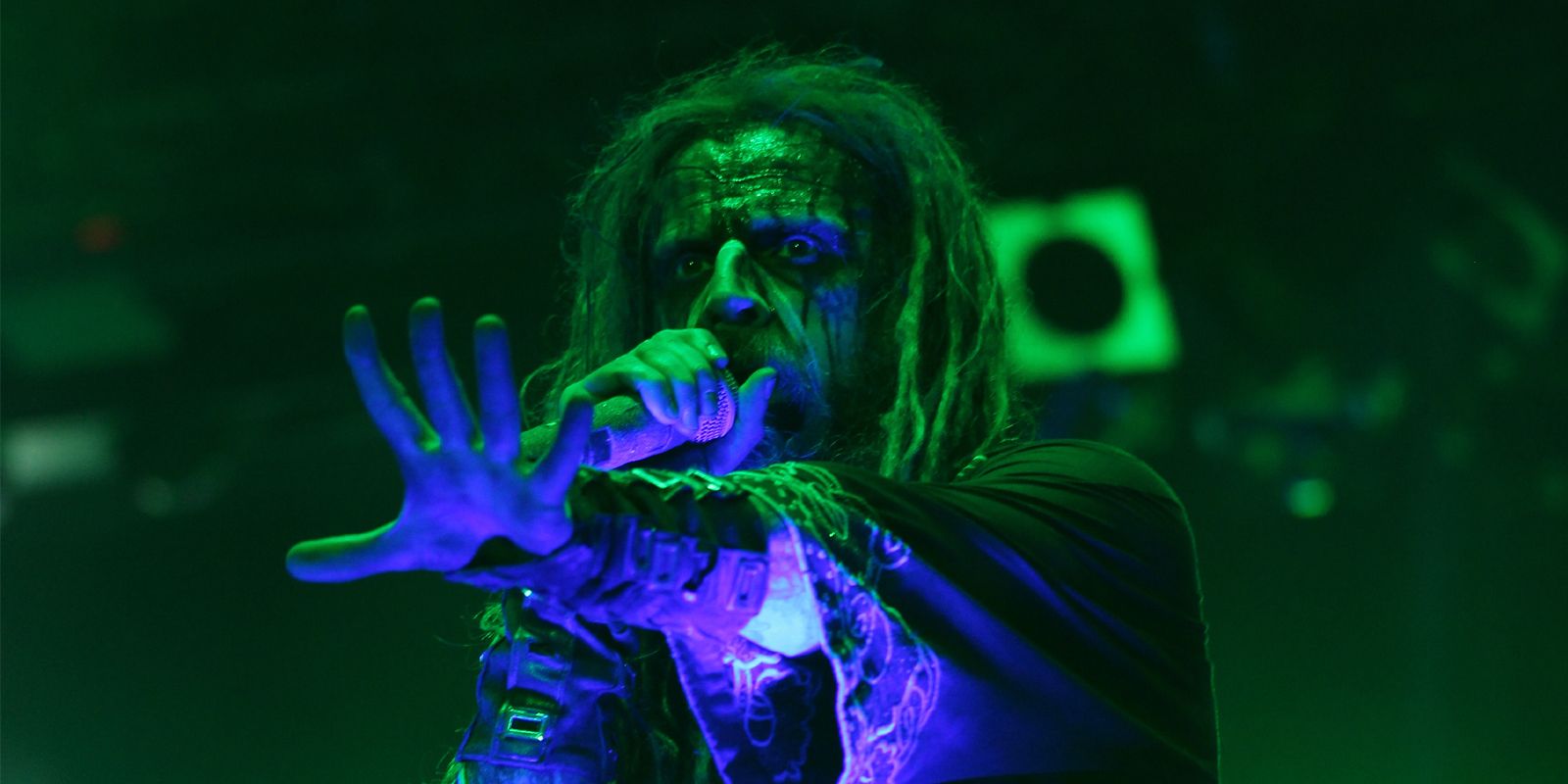In 1985, Rob Zombie was already on his way to becoming the most unique horror director of the 21st century. Given his long history as a musician prior to becoming a filmmaker, no other horror director can claim a trajectory into making horror movies quite like Zombie's. 1985 was an important year in Zombie's career as a director because it was the year that he formed his heavy metal band White Zombie, a project that has clearly influenced and guided his work in horror movies since his film debut, House of 1000 Corpses (2003), and up to his most recent movie, 3 From Hell.
However, Zombie's interest in horror movies wasn't born in 1985 with the formation of White Zombie. It's actually quite the opposite, and it's not the only influence on the aspects of his filmmaking style that makes him so unique as a modern horror director. Zombie's interest in horror movies clearly predates his career as a musician; that interest is evidenced by the fact that the band was named after the 1932 horror movie, White Zombie, which is argued by some as being the first ever zombie movie. Additionally, White Zombie the band partly belongs to the horror rock genre, which is characterized by influences from horror movies, B movies, science fiction, and pulp fiction.
Heavy metal and horror rock music have gone hand in hand with horror movies for a long time. Many bands in the genre, including Black Sabbath, Alice Cooper, Slayer, and the Misfits, create music that feature the same occult themes and symbolism often found in horror movies as well as direct references to the horror movies themselves. In this tradition, many of Zombie's songs, such as Die Zombie Die, More Human than Human, and I Am Legend, feature similar themes and references. Therefore, before becoming a filmmaker, Zombie, in White Zombie and his other musical projects, was already developing many of the theatrics, aesthetics, themes, and character archetypes that he would later incorporate into his horror movies.
Zombie's horror movie aesthetics are inspired not only by heavy metal music and classic Universal horror movies like Dracula, but also by carnival workers, clowns, hillbillies, and comic books. Zombie once summed up his diverse influences in a 2005 article for Men's Health: "Growing up… I wanted to be Alice Cooper, Steven Spielberg, and Stan Lee." He also credited growing up poor, sticking to his artistic vision, and his family's work in carnivals as major influences on his work as a horror director. However, these influences taken alone aren't what make him the most unique horror director of the 21st century. Instead, it's the way he puts them all together. The twisted carnival workers, evil clowns, Satanic cults, and hillbilly serial killers found in his horror movies are a combination all his own.
For better or worse, Zombie sticks to his style and thematic content. He even manages to infuse his own style perfectly into his remake of John Carpenter's 1978 classic slasher movie, Halloween, which not only includes classic horror movie tropes, but also includes slices of Zombie's particular combination of horror and American culture: wicked behavior, extreme lifestyles, and rowdy individualism. He manages to convert the faceless evil of Michael Myers into a more relatable and authentic apparition that is the result of both the horrors of poverty and the brutality of an individualistic culture that places selfish personal gain over family and community.
As a result, Zombie's uniqueness is not derived from substance-free work that favors style over content. Quite the contrary: despite his penchant for skillfully depicting scenes of gore, violence and all things Satanic, his work is not just about getting scares. Like any good filmmaker, his movies are ultimately a criticism of and commentary on society, and in his case, society's more superficial aspects. Rob Zombie's early life, his career in heavy metal music, his family's work in carnivals, and his determination to put art before money have enabled him to make exactly the movies he wants to make, which in turn, has enabled him to build a horror movie filmography that easily makes him the most unique horror director of the 21st century.


